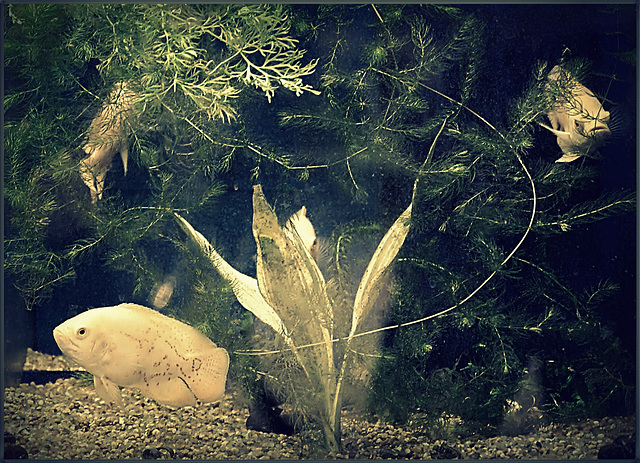Photographing Manai
Advantage Asia?
Barak Obama
Winter Evening
Winter Sunlight and shadow
Backyard Winter
I'm not a person
Only Words
Speed
Fuegia Basket
Kurt Godel's equation
Napkins
Bath Tissue
Peripatetikos / Walking
Kick at the rock, Sam Johnson, break your bones: B…
End of a day
Memories
Colours of Nature
Dark Days of Autumn Rain
A Random Walk Down the Wall Street
Day of Mist
Misty Morning
Leave Us Out Of It
How much pleasure do you get from your car?
Musings
Neurolinguistic Processing
Pups and their friends
Winter Trail
A Cardinal
Cotton
Backyard Spring
Proto Indo-Europen
Cape Cod Light House
The Night Migrations
Now take a look at the Cemetry
Manai, Wales UK
Downtown, East Lansing, Michigan
Keywords
Authorizations, license
-
Visible by: Everyone -
All rights reserved
-
82 visits
- Keyboard shortcuts:
Jump to top
RSS feed- Latest comments - Subscribe to the comment feeds of this photo
- ipernity © 2007-2024
- Help & Contact
|
Club news
|
About ipernity
|
History |
ipernity Club & Prices |
Guide of good conduct
Donate | Group guidelines | Privacy policy | Terms of use | Statutes | In memoria -
Facebook
Twitter



The Japanese reported seeing much more of the environment – rocks, weeds, inanimate creatures such as snails. A typical initial response would be, “I saw what looked like a stream; the water was green; there were rocks and shells on the bottom.” In addition to paying attention to context, the Japanese noticed relationships between the context and particular objects in it. For example, they were inclined to note that one object was next to another or that a frog was climbing on a plant. Altogether, the Japanese were able to report 60 percent more details about the environment than were Americans.
Asians and westerners see different things because they are looking at different things. My coworkers and I have rigged people with devices that can measure what part of a picture they are looking at every millisecond. Chinese spend more time looking at the background than do Americans and make many more eye movements back and forth between the most salient object and the background.
The greater attention to context allows East Asian to make correct judgments about causality under circumstances where Americans make mistakes. Social psychologist have uncovered what they call “the fundamental attribution error.” People are prone to overlook important social and situational causes of behavior and attribute the behavior instead to what they assume are attributed of the actor – personality traits, abilities, or attitudes. ……………….
The greater attentiveness to context has been characteristic of East Asians since the time of the ancient Chinese, who understood the concept of action at a distance. This made it possible for them to understand the principles of magnetism and acoustics and allowed them to figure out the true cause for the tides (which escaped even Galileo). Aristotle’s physics, in contrast, was completely focused on the properties of objects. In his system, a stone fell to the bottom when dropped in water because it had the property of gravity, and a stick of wood floated on the water because it had the property of levity. There is no such property as levity, of course, and gravity is not found in objects but in the relation between objects. ~ Pages 163 to 165 – Chapter ‘Advantage Asia?’ from “Intelligence & How to Get it” by Richard E Nisbett "Intelligence and How to get it"
Sign-in to write a comment.